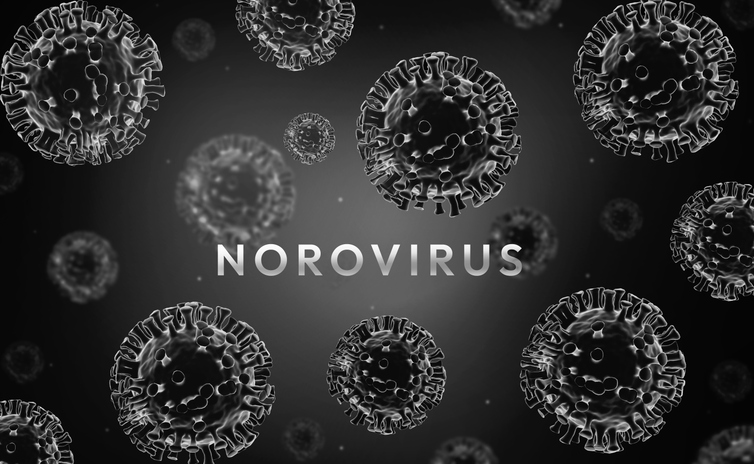Source: Muhammad Farhad / Getty
With a new strain of norovirus afflicting more people nationwide, we take a look at its effects and how to prevent yourself from it.
The viral stomach bug commonly known as norovirus is raging, as the Centers for Disease Control published its findings about the wave of cases Monday (Jan. 13). In tests performed over the New Year’s holiday nationwide, 28% came back positive, which is double the result for the number of tests for the virus that were performed last March. In New York City alone, 1,264 cases were reported in December – less than 500 cases were reported to the city’s Department of Health in the last two years. Cases have notably been higher in the Northeast and Midwest regions, according to sewer sampling reports from WaterWasteSCAN.
Experts cite a new strain, GII.17, which has demonstrated an ability to evade immunity, as part of what’s fueling this rise. Seven out of 10 cases are currently linked to it, per the CDC. The virus can be spread through contact with someone else who’s infected or through eating contaminated food or touching contaminated surfaces. Norovirus normally surges during the winter, and those who are afflicted with it are contagious for up to two weeks afterward.
For those who come down with norovirus, more often than not they wouldn’t need professional medical attention unless they have a high fever, severe abdominal pain that lasts more than three days, and feeling as if they’ll lose consciousness. Treatment includes constant hydration, especially for at-risk segments of the population. “That’s especially true for young kids and elderly people because in those people, fluid shifts and dehydration can be a lot more dangerous than for a 30-year-old with no medical problems,” said NYU Langone Health gastroenterologist Dr. Rabia De Latour when interviewed.
According to Dr. Jessica Justman, an epidemiologist at Columbia University’s Mailman School of Public Health, those working in environments where it can be more prevalent should be extra cautious. The CDC has recommended a solution of bleach and water to disinfect surfaces along with soap and hot water. They also recommend thoroughly washing one’s hands with soap and water and avoiding eating raw shellfish such as oysters in addition to thoroughly washing fruits and vegetables.




